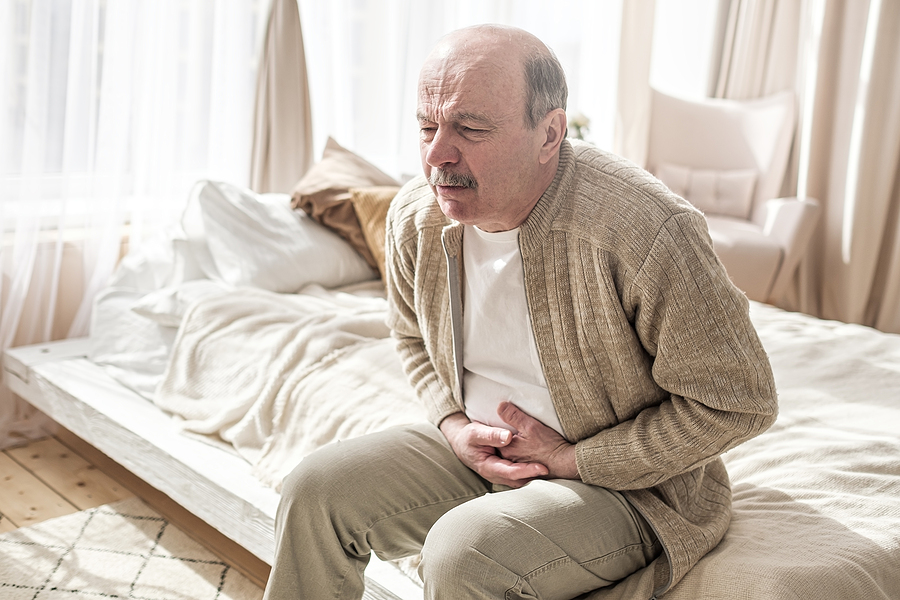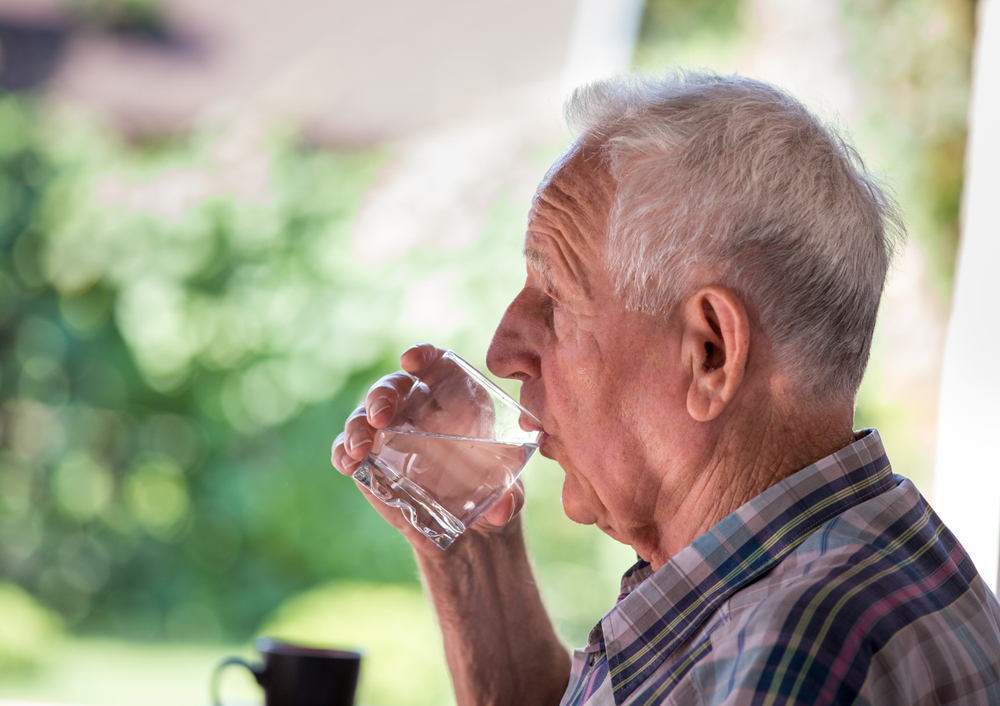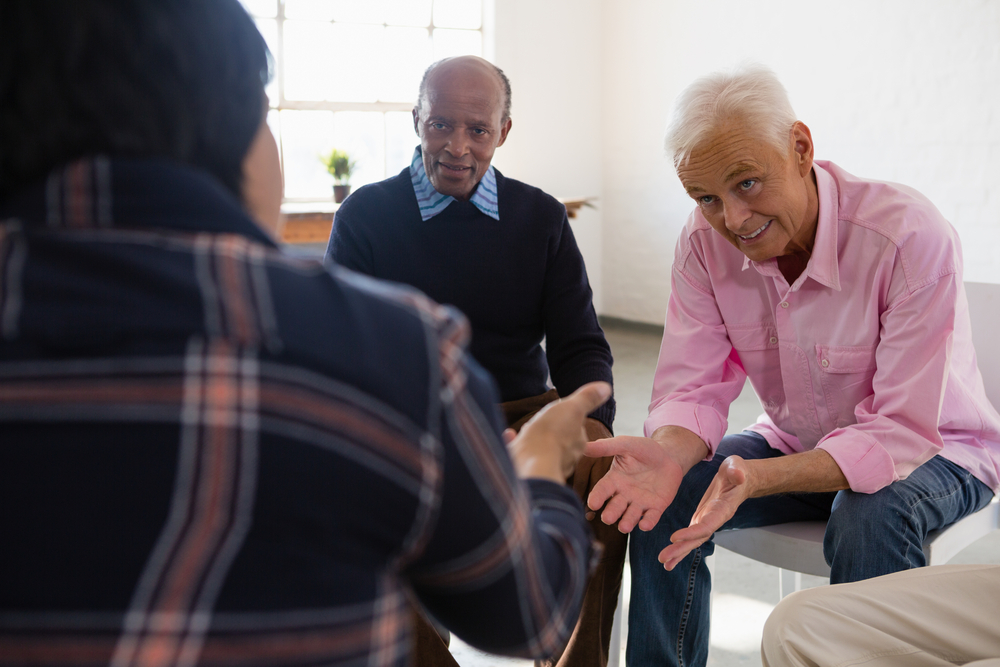Constipation in Elderly Adults: Causes, Prevention, Complications
Category:

Constipation is unfortunately common in elderly adults. There are a myriad of possible causes and fortunately many different options for preventing or treating constipation.
Constipation in the Elderly
While it is not necessarily true that an adult should have a bowel movement every day, more than two to three days without a bowel movement can indicate constipation. Other indicators of constipation include:
-
Straining in the bathroom
-
Hard stool
-
That feeling that you just aren’t done
-
Fewer than three bowel movements per week
While it is not any fun to talk about, constipation should not be ignored, and if your loved one is experiencing constipation you should speak with their doctor. Some of the potential effects of constipation in the elderly include:
-
Severe abdominal pain
-
Hemorrhoids
-
Increased irritability or agitation, especially in the elderly with Alzheimer’s or dementia
-
Stress or pain that can contribute to delusion – a state of confusion some elderly people experience when hospitalized
-
Avoiding necessary pain medication, for fear of additional constipation
The idea that constipation can lead to increased irritability in the elderly with Alzheimer’s is worth noting again. One of the tragedies of Alzheimer’s is an elderly person’s inability to explain, or even know, why they feel a certain way. So if your elderly loved one is moody or angry for no apparent reason, it’s worth discussing possible constipation with their doctor. They may be physically uncomfortable and unable to explain, and treating this condition could have many positive effects.
Causes of Constipation in the Elderly
The first step in treating constipation in the elderly is of course determining the cause. The Mayo Clinic offers a detailed and technical list of causes of constipation here, but there are some common causes. These include medications, lack of fiber in the diet, not drinking enough water, nerve damage around the digestive system or lower intestine due to Parkinson’s or other neurological issues, and Irritable Bowel Syndrome. Constipation can also be caused by an obstruction in the bowel, such as cancer or other tumors.
Download Our Healthy Aging Diet Guide
Treatment of Constipation for Elderly Adults
Luckily, there are several different treatments for constipation and also tips and tricks for preventing constipation in the elderly. First, speak to a doctor and see if any medications could be causing or contributing to constipation. The doctor may determine there is a medication your elderly loved one no longer needs, or they may be able to try something different that won’t cause constipation. Laxatives are also very helpful when it comes to treating constipation. There are three types of laxatives that can be useful:
-
Osmotic agents – a fancy name for laxatives (like Miralax) that draw water to the stool so it is easier for it to move through the bowel
-
Stimulant agents – these (like Senakot) help convince the colon to get to work
-
Bulking agents – these (like Metamucil) make the stool larger so it is easier for the colon to move it
There isno harm in using laxatives every day if necessary to help with chronic constipation.
Constipation can be dangerous for the elderly. It is certainly uncomfortable and can lead to other issues – and let’s face it, no one wants to have to admit to an ER check-in nurse that they had to come in because they can’t go to the bathroom. So what else can you do to help constipation in the elderly?
-
Avoid constipation-causing foods like white rice, tea, cheese, and chocolate.
-
Maintain a fiber-rich diet including foods like beans, whole grains, fruits, vegetables, and nuts
-
Drink lots of water. You can determine the amount of water right for you by dividing your body weight in half. The resulting number is how much water you should drink in ounces every day. For example, if you weigh 160 pounds, you should drink 80 ounces of water per day.
-
Establish a regular “bathroom time” so your body learns when it’s supposed to go.
Constipation may be common for the elderly to experience but it should not be considered normal. If your loved one is suffering from it, be sure to talk to your doctor and start trying different remedies to see what can work for your loved one.
Subscribe
Date: July 15, 2021
Category:


